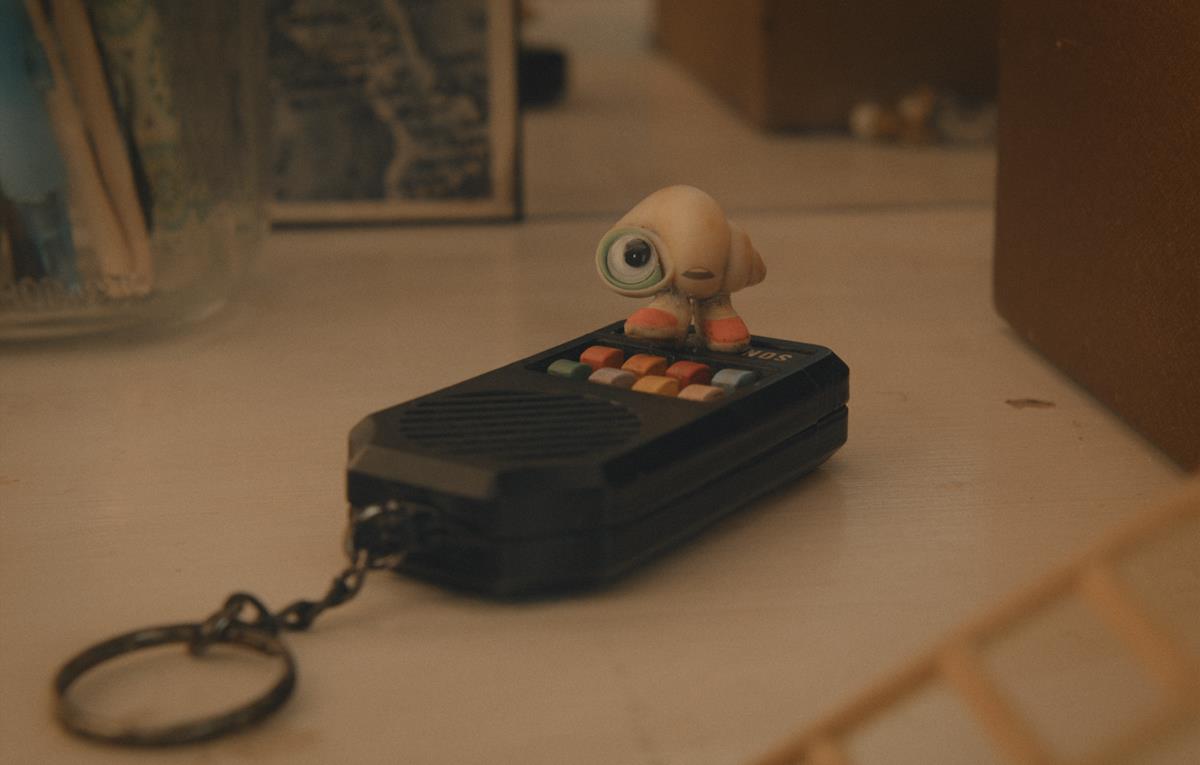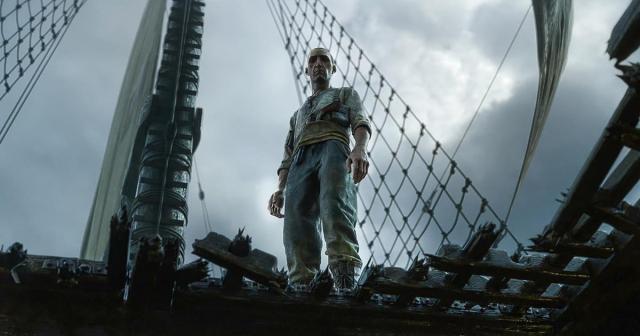
Stop-motion animation proceeds at a snail’s pace at the best of times, but it took over a decade for Marcel the Shell with Shoes On to move from his DIY origins to a full-length feature.
When director Dean Fleischer Camp and his co-writer and star Jenny Slate made their first short featuring the one-eyed mollusk, in 2010, they couldn’t have imagined its impact: more than 32 million views to date on YouTube.
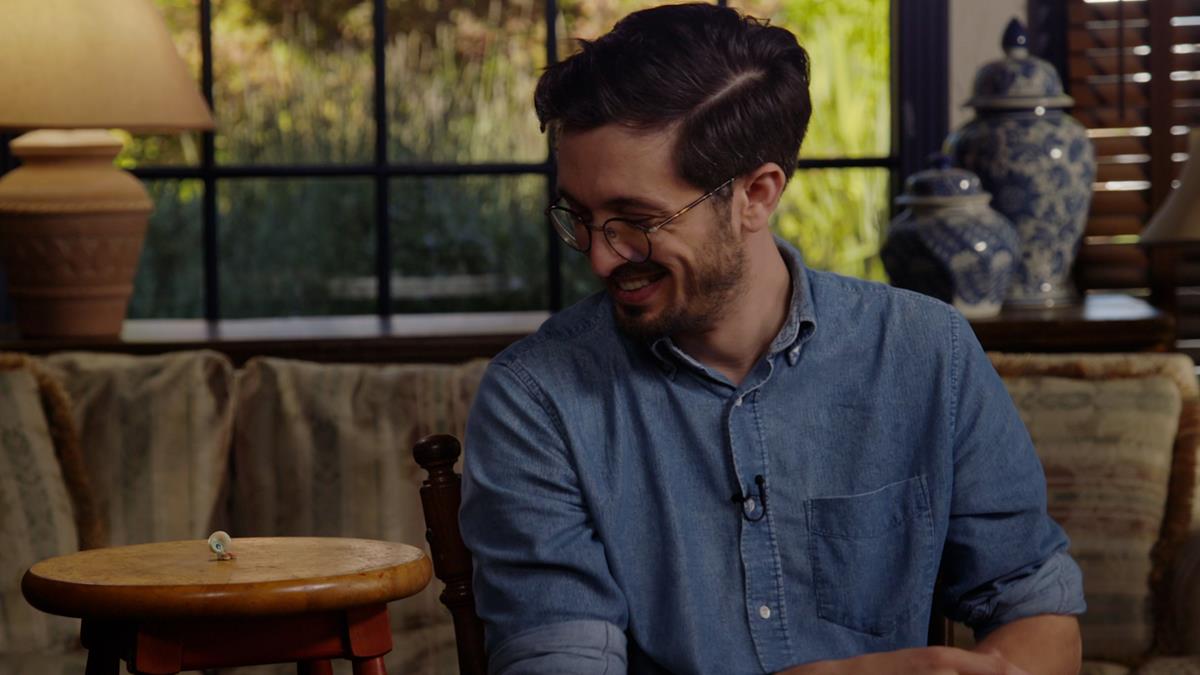
Those shorts have now been adapted into a feature film, a process that Camp worried could rob the project of its low-fi, low-budget charm.
“I think especially with processes that are really technical,” he told Jason Bailey at The New York Times. “You can very easily lose the authentic, organic thing.”
As Marcel’s short films went viral online, Hollywood studios and networks approached Camp and Slate. The duo took the meetings but were wary of attempts to attach Marcel to a more familiar tentpole template.
“I remember somebody suggested that we partner Marcel with Ryan Reynolds so they could fight crime,” Camp recalls to Carlos Aguilar at the Los Angeles Times. “I’m not saying I wouldn’t watch that movie, but I just knew that was not the right avenue to pursue for him. We knew after that round of meetings, ‘If we’re going to expand Marcel, it needs to be made independently.’ ”
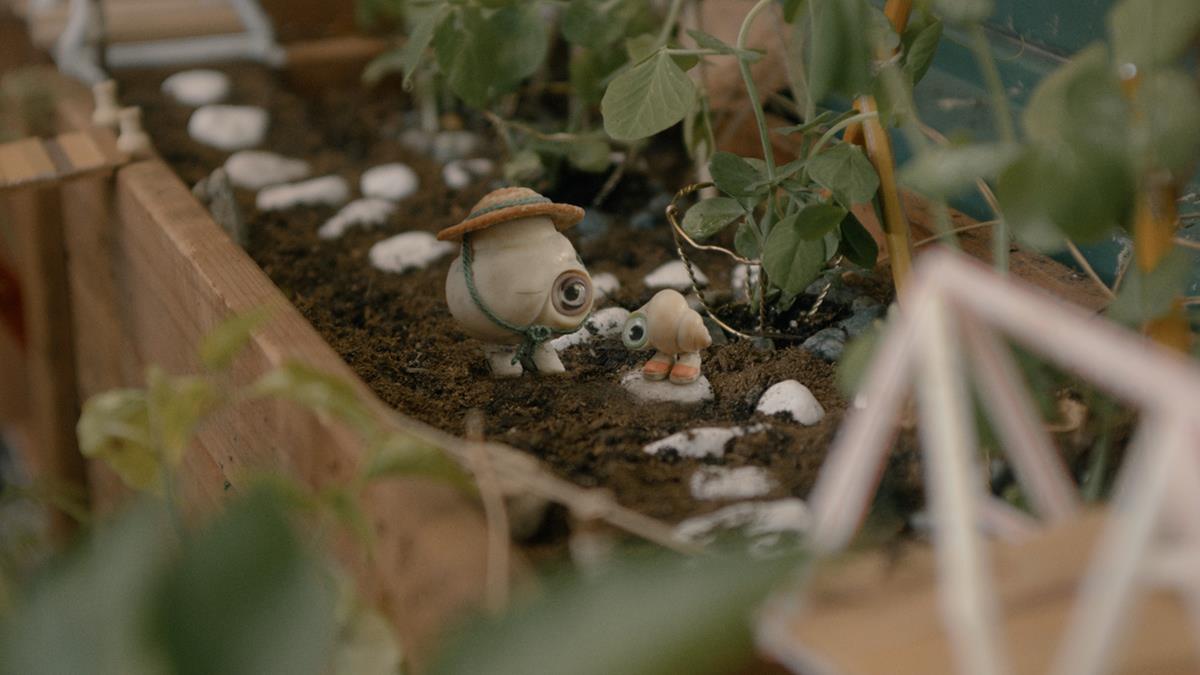
READ MORE: How ‘Marcel the Shell’ went from viral sensation to 2022’s most adorable movie star (Los Angeles Times)
Camp says he was committed to preserving the authentic, loose-sounding audio and documentary texture of the originals, he explained in an interview with Jack Smart at the AV Club. “So we kind of had to invent a new production model in order to do that.”
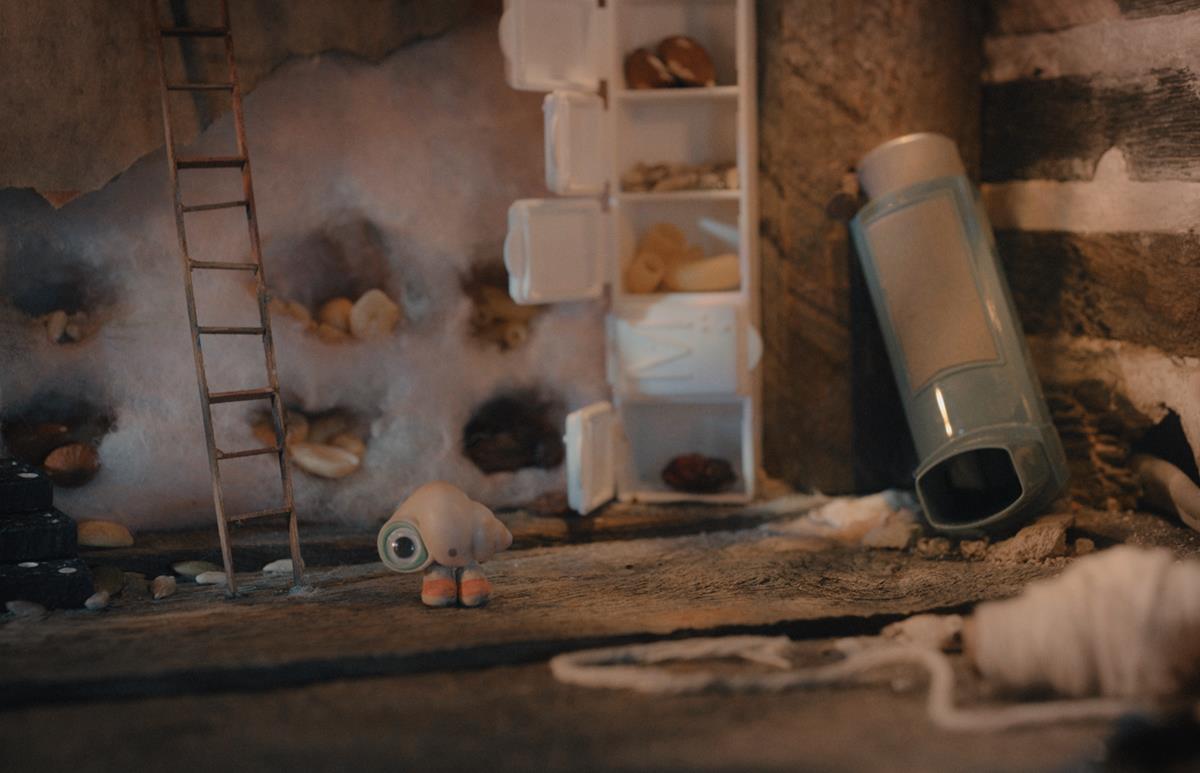
Joining creative forces with co-writer Nick Paley, the team wrote a long treatment and started hosting recording sessions where Slate would give form to Marcel’s dialogue with spur-of-the-moment ingenuity. Based on what those improvisation meetings yielded, Camp and Paley slowly polished and rerouted the plot.
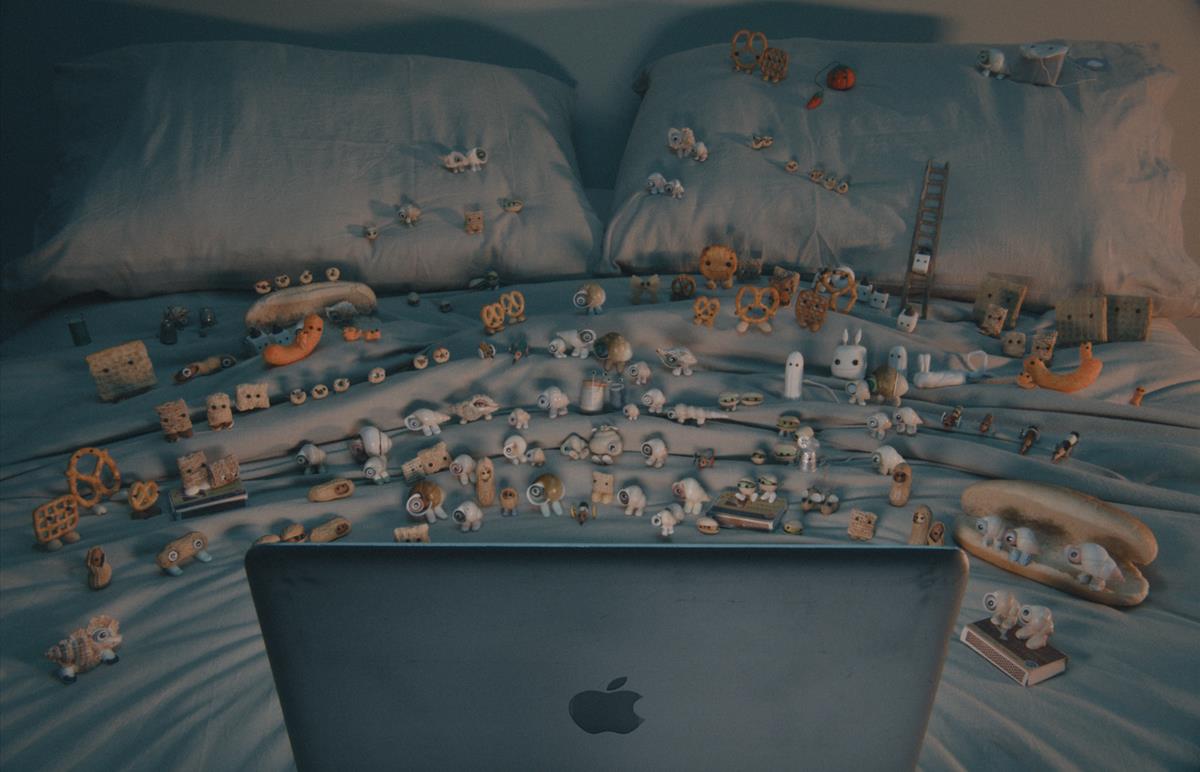
“They would put together a patchwork of transcription of recorded audio and then write new scenes. Then we would record off of those written new scenes and improvise off of them too,” Slate told Bailey. “Most of the film is highly improvised, while some parts were word-for-word written out, depending on what Dean and Nick decided to do.”
READ MORE: How ‘Marcel the Shell’ Went From YouTube to the Big Screen (The New York Times)
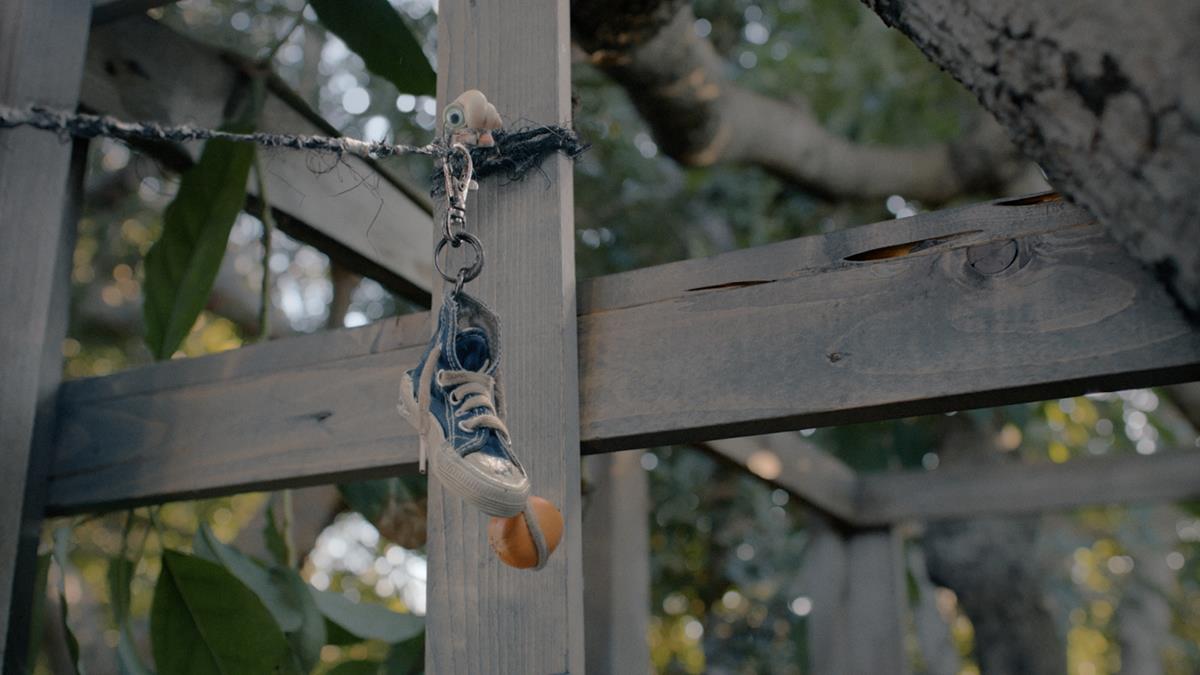
Almost nothing is recorded inside a studio except a few lines as pickups. “The path most Hollywood projects take is: you write a screenplay and then you make the movie,” Dean tells the AV Club. “I’ve always felt like that robs us of so much that can happen in the way that people interact non-verbally. So with Marcel the Shell with Shoes On, you can hear it in the audio. You would never write certain lines if they hadn’t been in the same room.”
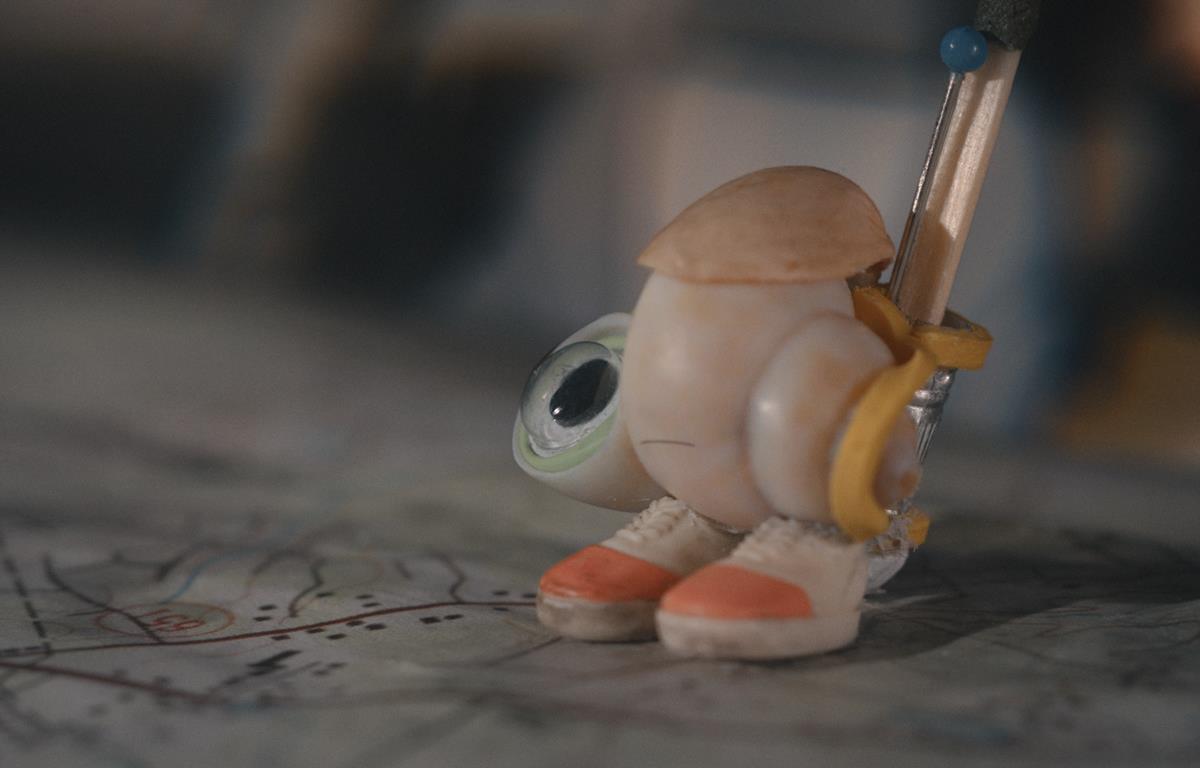
During this time, they found backing at indie darling A24, which helped bring aboard arthouse icon Isabella Rossellini to voice a key character.
The writing and recording and iterating process took two-and-a-half years, but audio was only part of the challenge. Whereas the camera for the shorts was kept pretty static, Camp knew that a feature-length narrative would require more movement, more locations, and more interactions with other characters. Plus, they would stick to the format of the stop-motion/live action hybrid.
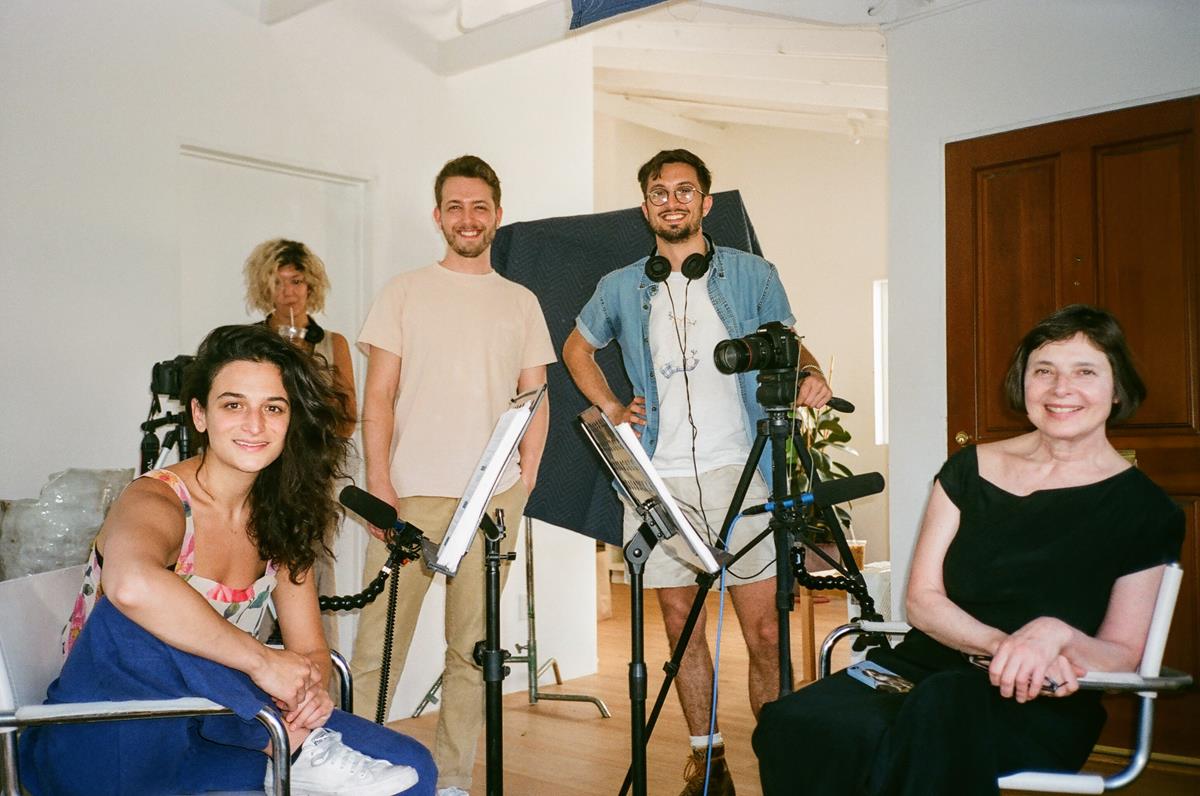
This type of production has been around since the earliest days of cinema but there are very few features made this way, partly because of how complex it is. The filmmaker essentially has to commit to shooting every shot in the film at least twice, first live-action and then stop-motion. And in the final edit these elements combines provided both sets of footage are a perfect match.
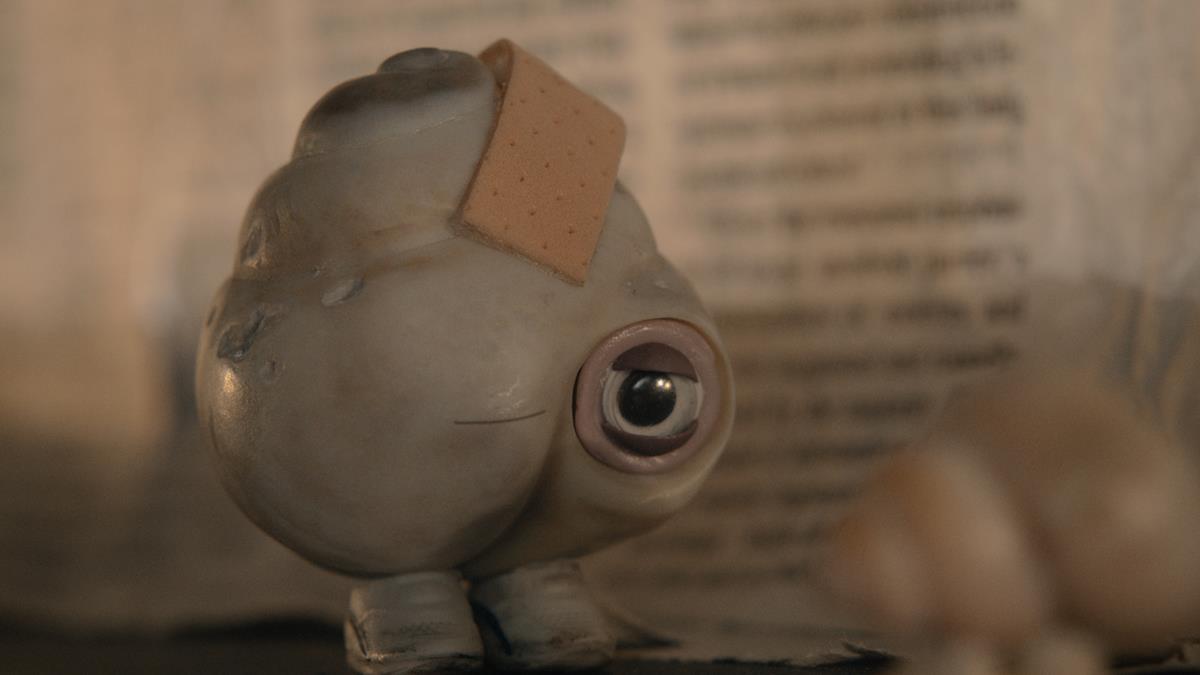
“It’s so complex and labor-intensive, but I felt committed to it for that reason,” Camp explains in the film’s production notes. “The constraints that make stop-motion so hard can actually result in more textured, emotional performances because it’s such an imprecise, human process. That fallibility translates into a kind of warmth.”
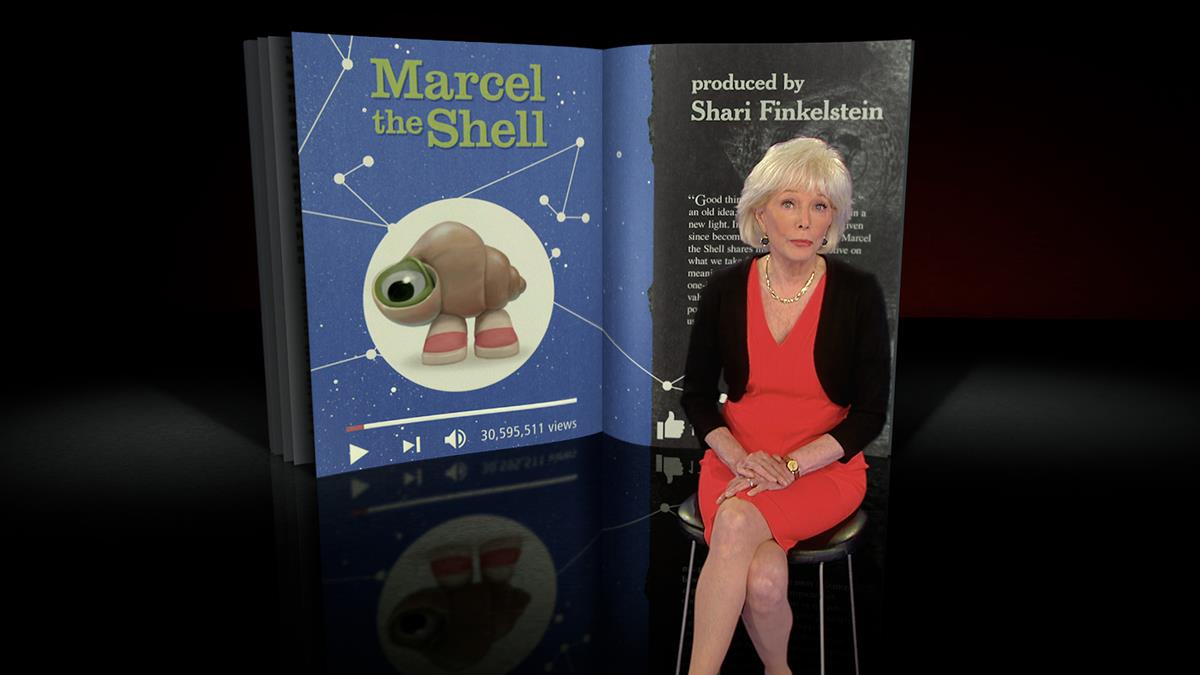
So, when shooting the live-action portion, stop-motion cinematographer Eric Adkins took notes of every minute detail — lens, depth-of-field, the distance and angle of the camera to the characters, the distance to props, every source of lighting. Anything that was reflective that the character was standing near that might bounce light on him so they could recreate it exactly on the animation stages. If any tiny detail was off, the animation wouldn’t mesh well with the live-action plate.
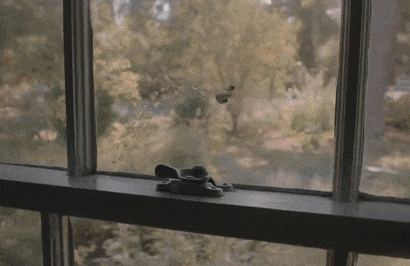
“You should see his iPad, it’s just like, every time I glanced down at it, it was like A Beautiful Mind scratchings of equations and measurements,” Dean recounts to the AV Club.
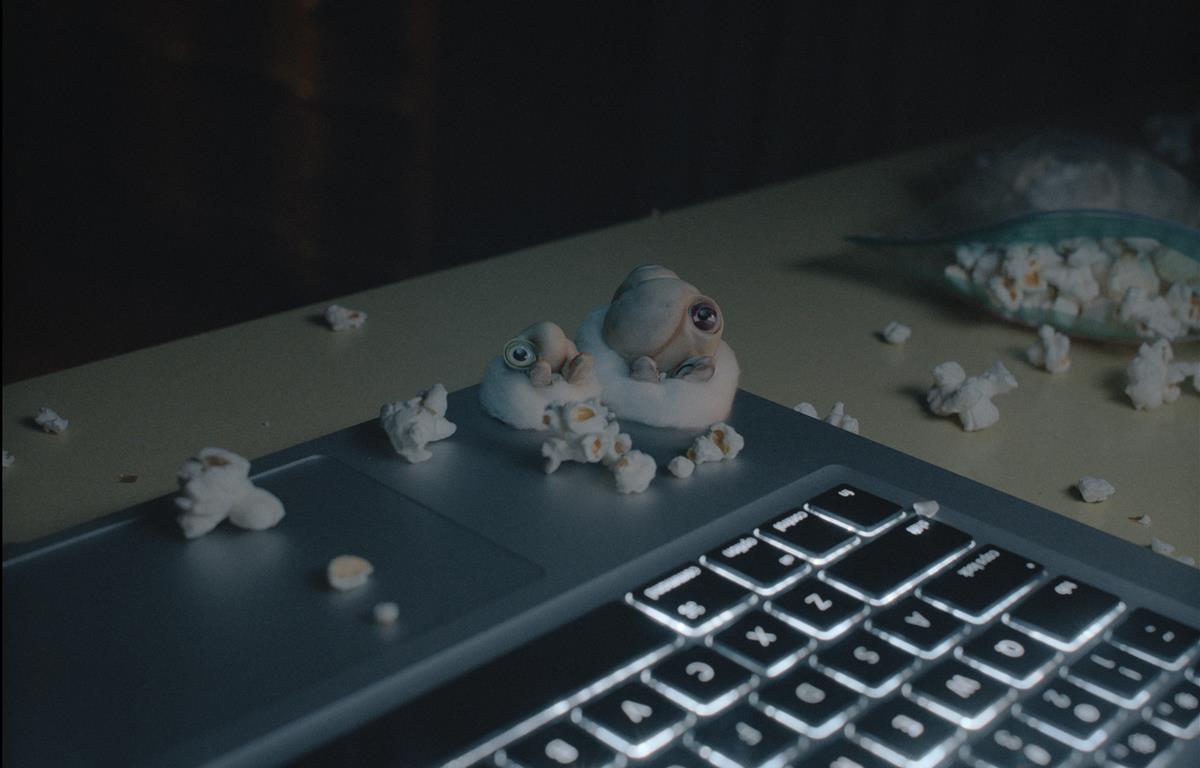
READ MORE: Marcel The Shell director Dean Fleischer Camp embraces the art of earnestness (AV Club)
Marcel the Shell with Shoes On premiered at the 2021 Telluride Film Festival and recently went on nationwide release. “As with the shorts, the tweeness factor is high,” reviews Rolling Stone’s David Fear, “though mileage may vary on whether you add ‘unbearably’ as a descriptive there.”
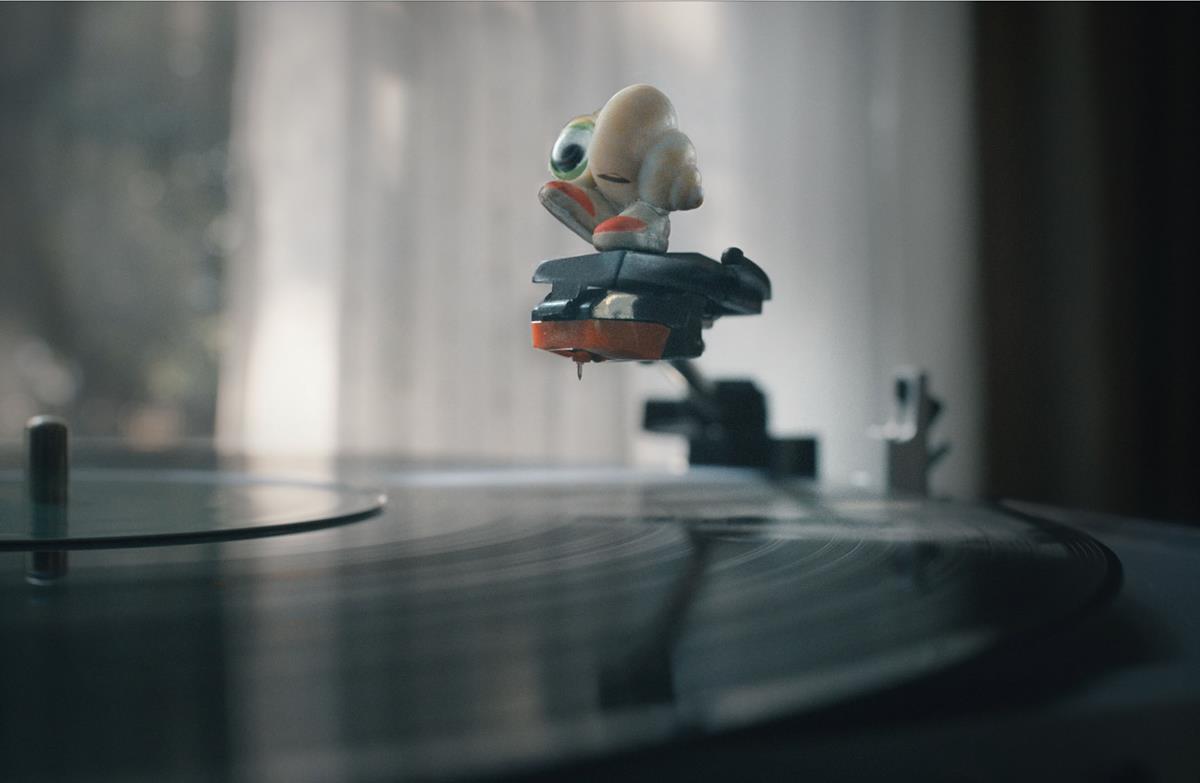
But even the harshest critic finds an “extreme sense of melancholy and isolation,” that resonates with the hardest of hearts.
Fear says: “The ache of loneliness pulses at the center of this labor of love.”
READ MORE: ‘Marcel the Shell With Shoes On’ Turns a One-Inch Viral Sensation Into a Movie Star (Rolling Stone)
